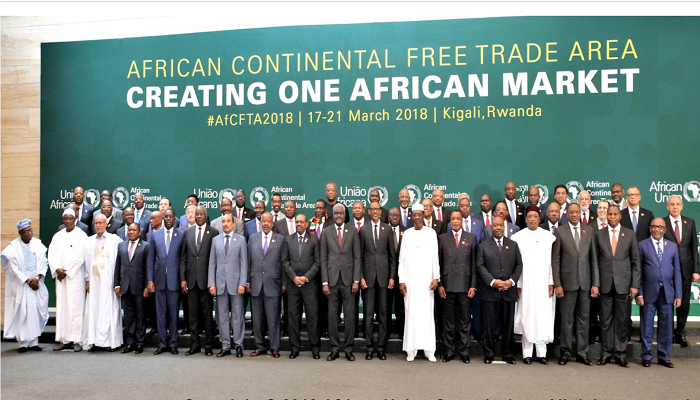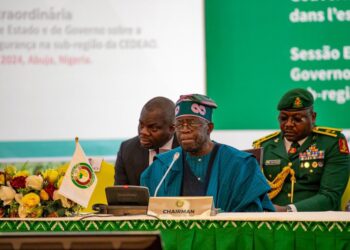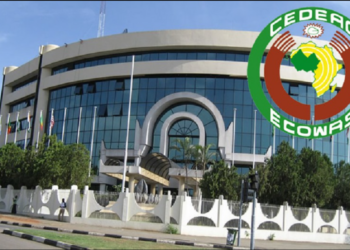The African Continental Free Trade Area (AfCFTA) agreement will reduce the erosion of the naira, which has suffered nearly 90% devaluation since 2016, through exports of Nigerian made goods and services, and give exposure of the naira to other currencies.
This was disclosed by Mr. Francis Anatogu, Secretary, National Action Committee on AfCFTA, in an interview with TVC News on Friday afternoon.
On concerns about dumping with the AfCFTA
Mr. Anatogu said, “As a nation, we recognized the need to diversify from oil; we need to improve exports to grow our GDP,”
He added that Nigeria was meant to take preemptive actions before joining the WTO, like the creation of a trade remedy mechanism. He said trade remedy is an area that has been identified by the National Action Committee to ensure Nigeria is not used for dumping.
“We are starting with short term measures (trade remedies), and eventually submitting the bill to the National Assembly,”
Nairametrics reported last week that the FG is working on trade remedies to protect Nigerian producers from unfair and injurious trade practices from foreign companies that harm domestic industries, which are key factors for the implementation of the African Continental Free Trade Area (AfCFTA).
This was disclosed on Thursday by the Head, Trade Remedies Unit National office for Trade Negotiations, Tola Onayemi, at the AfCFTA Sensitization Seminar, organized by the National Action Committee of the implementation of the agreement.
On Nigeria’s preparedness for the AfCFTA
Mr. Anatogu said, “We understand how to deal with preferential trade, and are in a better position than a number of African countries.”
Naiarametrics also reported last week that Yewande Sadiku, CEO of Nigerian Investment Promotion Council (NIPC), said Nigeria is more ready for the African Continental Free Trade Area (AfCFTA), due to Nigeria’s domestic market manufacturing value addition capacity, which is 7 times the average of the top 20 economies in Africa and other.
Mr. Anatogu cited the ECOWAS Trade Liberalization measures, which is not perfect, however, the FG understands the gaps and specific actions that need to be in place to close it.
“Even as trade starts, implementation will take longer time; when implementation is agreed, it needs to be quoted in tariff books,”
He said preferential treatment won’t be automatic, as products entering Nigeria needs to meet the rule of origin criteria.
On benefits of AfCFTA to Nigerian Manufacturing industry
Mr. Anatogu says that Africa imports $250billion worth of goods on an annual basis, and it would do Nigerian manufacturers more harm than good to take advantage of African trade.
“We are going into Africa without paying duties, it will give us an advantage over products that come from outside of Africa,”
He adds that’s it’s a win-win situation for Nigeria, as trades would also boost the value of the naira.
“Since 2016, naira devaluation is about 90%, from a business perspective, how would you stop value erosion? The way to do that is by exporting whatever we produce to Africa, which gives exposure to other currencies,” he said.
He added that manufactured products won’t be the only thing exported, as Services is also a factor.
“We need to play to our strengths, we have banks, movies and lots of informal services trade with Africa. We need to amplify this trade, we need to increase production. A sustainable way to do it is through exports, to maintain the value of wealth, you need exposure to foreign trade,” he concluded.






















